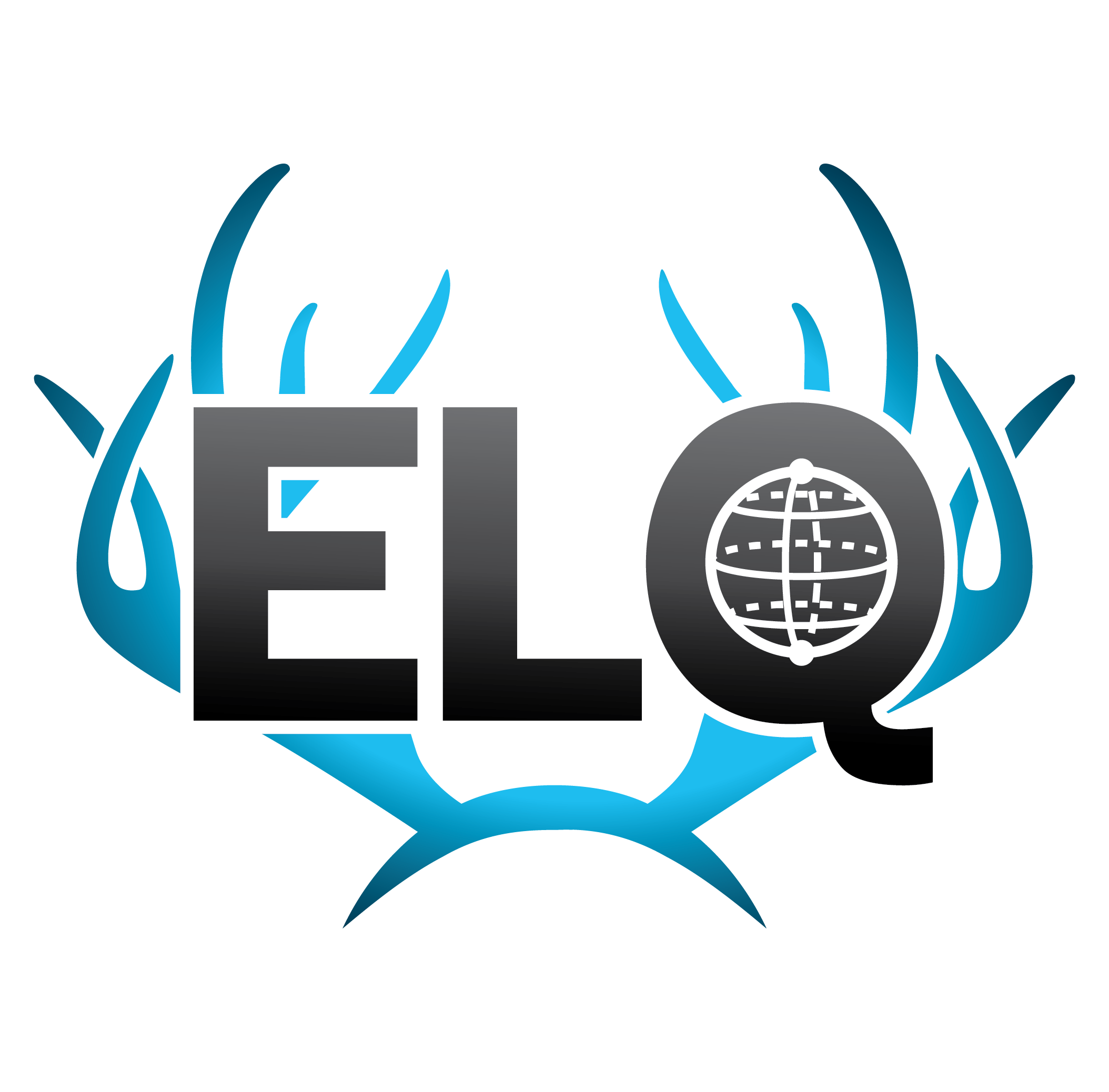Intelligence Value
The Entangled Logical Qubits (ELQ) program aims to advance the state of the science in universal fault-tolerant quantum computing (UFTQC) by demonstrating high-fidelity entanglement between error-corrected logical qubits using a modular architecture. This is an essential step towards the realization of UFTQC and its potential to greatly outperform classical computing in solving certain classes of problems, including those of interest to the Intelligence Community (IC), and to the U.S. Government as a whole.
Summary
In contrast to conventional computers that run conventional (classical) algorithms, quantum computers process quantum algorithms. Provably, certain classes of problems, which are very hard or practically impossible to process by conventional computers, can be solved efficiently using quantum algorithms, exploiting the real power of a quantum computer. Since 2009, IARPA has invested in quantum technologies, particularly through the research and development of quantum-computing platforms. IARPA’s leading role in quantum computing is built on its programs, namely CSQ (2009-14), MQCO (2010-15), QCS (2012-14), QEO (2017-21), LogiQ (2016-present) and now ELQ.
The power of quantum computing originates from two quantum-mechanical properties without classical counterparts: quantum coherence and entanglement. Noise and accompanying errors, however, if left uncorrected, inevitably degrade both of these essential properties. In ELQ, these properties are combined in a demonstration of entanglement within an error-corrected setting. Specifically, ELQ starts by building systems capable of encoding quantum information in so-called logical quantum bits (qubits) comprising many physical qubits. Such encoding enables quantum error correction to reverse the impact of noise and improve quantum coherence. Next, ELQ brings together logical qubits to create entanglement between them and to demonstrate a high-fidelity (low-error) logical entangled state, a key step towards the realization of UFTQC.
ELQ is a four-year program scheduled to start in the spring of 2023. By the end of the program, each performer team is to demonstrate the teleportation of four logical cardinal states with an average success rate of at least 95%. With future scalability in mind, ELQ requires that the hardware and protocols satisfy a consistency with modularity. The protocols culminating in logical entanglement must also maintain fault tolerance, a key property that keeps errors local and correctable. ELQ’s ambitious goals and performance targets require developing highly complex systems, protocols, and other infrastructure to enable exquisite control and operation of quantum-mechanical hardware.

